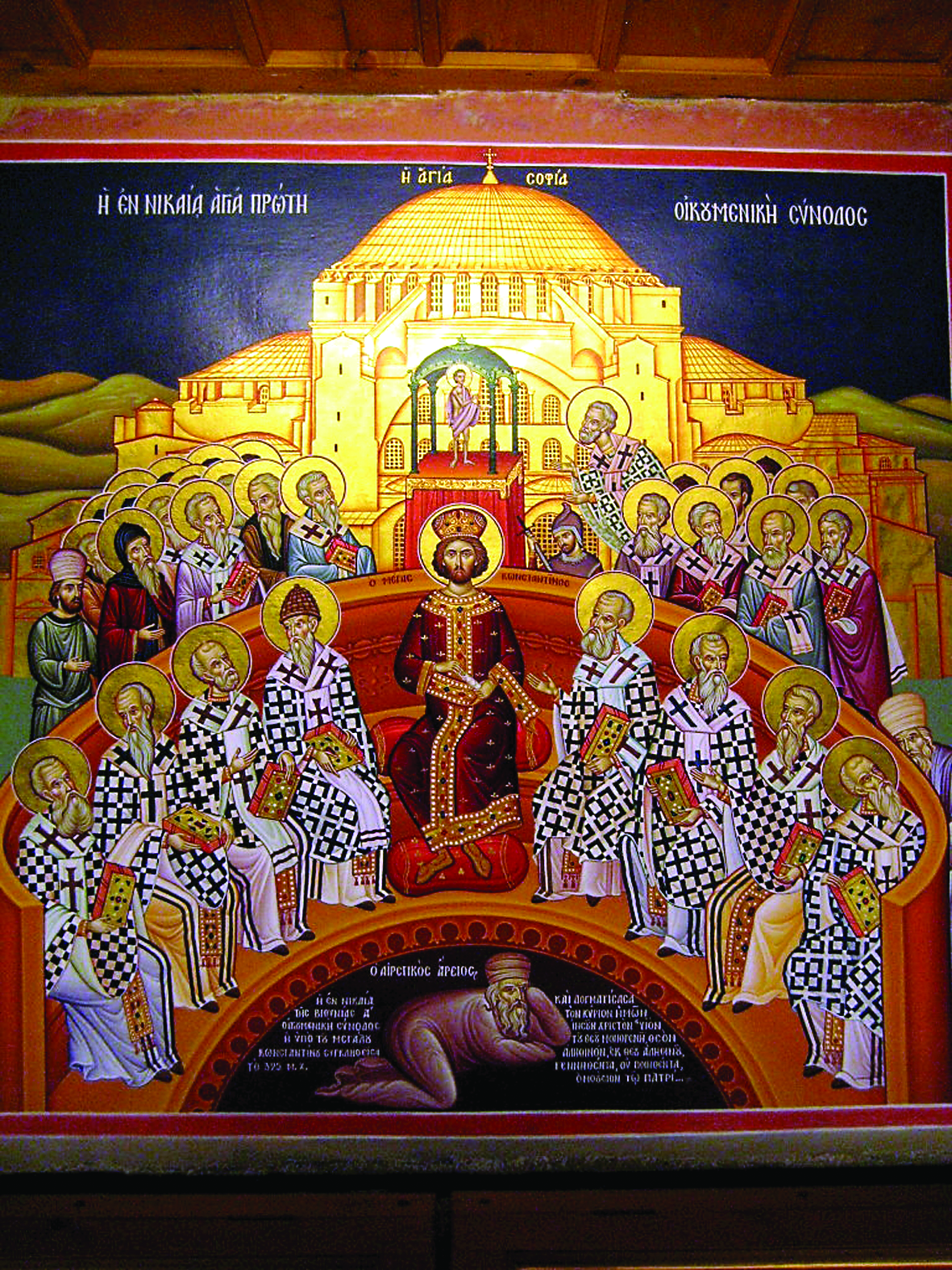Peter Herbeck is the vice president and director of missions for Renewal Ministries. Herbeck oversees the work of lay mission teams throughout the world who work to equip Catholic lay people to respond to the New Evangelization. He is the co-host of the weekly television show The Choices We Face, the daily radio show Fire on the Earth and co-host on Crossing the Goal, the popular show for men broadcast weekly on EWTN.

St. John Paul II described it this way: It is necessary to awaken again in believers a full relationship with Christ, mankind’s only Savior. Only from a personal relationship with Jesus can an effective evangelization develop. i
The New Evangelization begins with awakening de-Christianized Catholics to a full relationship with God in Christ; a relationship many have never experienced or even understood was possible.
“Sometimes even Catholics have lost or never had the chance to experience Christ personally; not Christ as a mere ‘paradigm’ or ‘value,’ but as the living Lord, ‘the way, and the truth, and the life.’”ii
Wherever the New Evangelization is bearing fruit, where real conversions and discipleship are occurring, leaders are making every effort to give people “the chance to experience Christ personally.” Their evangelization is effective because they are communicating a reality which they themselves have experienced. They know that “being a Christian is not the result of an ethical choice or a lofty idea, but the encounter with an event, a person, which gives life a new horizon and a decisive direction.”iii

Pope Paul VI reminded us that: “… the Church evangelizes when she seeks to convert, solely through the power of the divine message she proclaims.”v The divine message, the good news about Jesus, has power to convert because the Holy Spirit backs that word. The special mission of the Holy Spirit is to reveal Jesus to every human heart, giving each person experiential knowledge of the Lordship and majesty of Jesus.
“For what we preach is not ourselves, but Jesus Christ as Lord, with ourselves as your servants for Jesus’ sake. For it is the God who said, ‘Let light shine out of darkness,’ who has shone in our hearts to give the light of the knowledge of the glory of God on the face of Christ.”vi
It is God the Father who seeks to introduce us to His Son. He wants every human being to know Him personally; not simply to know something about Him, but to really know Him, with an experiential knowledge. God the Father sheds His light into our hearts so we can see that Jesus is alive, that He has been glorified, that He is exalted as King and Lord of all. The Father gives each person the light and the grace of the Holy Spirit to enable them to believe and to confess that Jesus Christ is my Lord and my Savior! In fact, “no one can say, ‘Jesus is Lord’ except by the Holy Spirit.”vii
For the New Evangelization to be effective, those who lead it must go forward with this conviction: “Only in this personal relationship with Christ, only in this encounter with the Risen One do we truly become Christians.”viii
i Pope John Paul II, Speech to bishops of Southern Germany, Dec. 4, 1992. L’Osservatore Romano (English ed.), Dec. 23/30, 1992, pp. 5-6.
ii St. John Paul II, L’Osservatore Romano, 2/24/93, p. 3.
iii Pope Benedict XVI, Deus Caritas Est, 1.
iv St. John Paul II, Remptoris Missio, 44.
v Pope Paul VI, Evangelii Nunitandi, 14.
vi 2 Corinthians 4:5-6
vii 1 Corinthians 12:3
viii Pope Benedict XVI, General Audience, September 3rd, 2008.







Facebook Comments